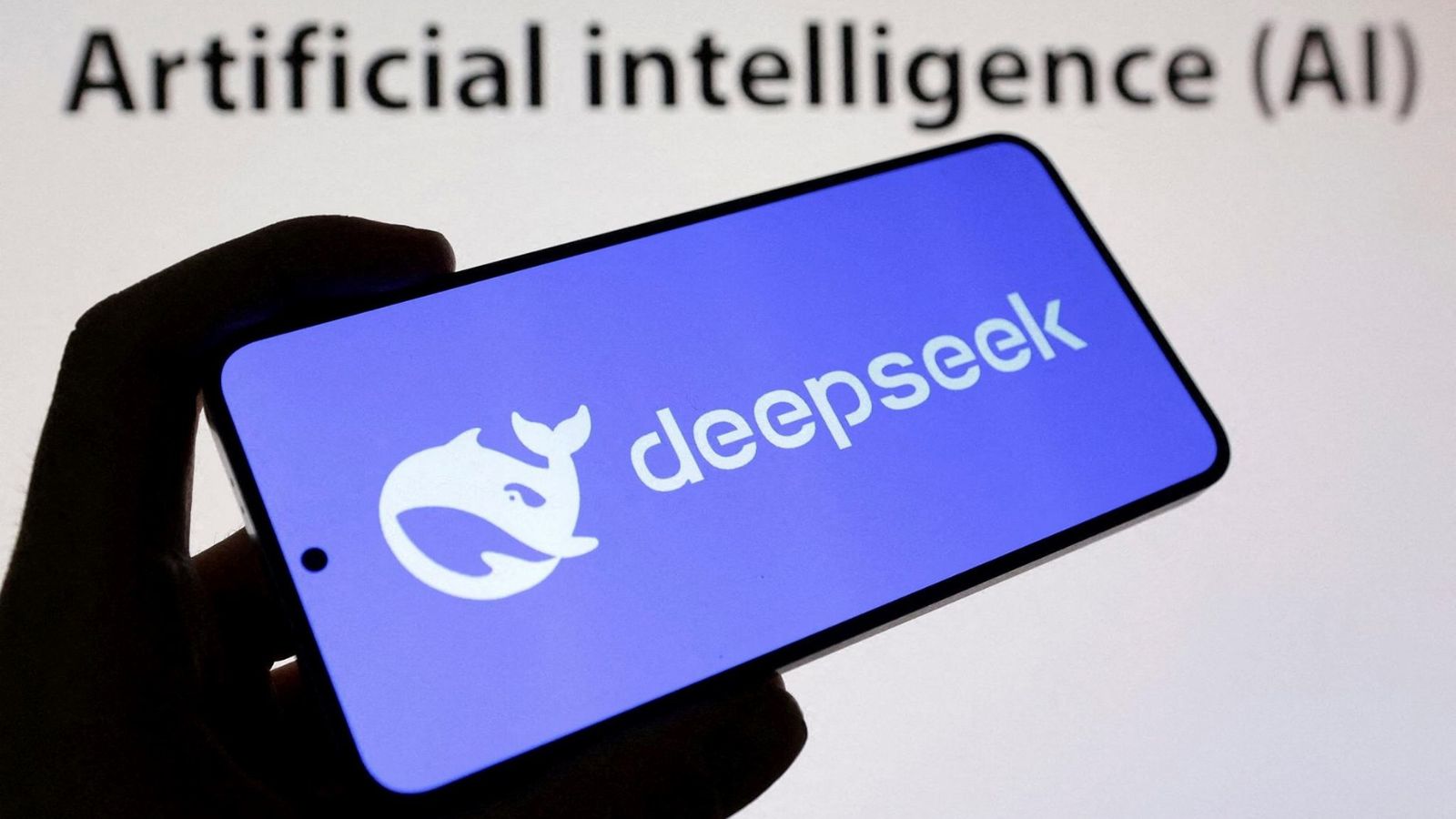OpenAI claims Chinese AI startups like DeepSeek are stealing its work
DeepSeek, a Chinese AI startup took the world by storm after it unveiled a new AI model that is as capable as OpenAI's ChatGPT, but at a fraction of the cost.
 DeepSeek's chatbot app provides free access to its R1 model. (Image: Dado Ruvic/Reuters)
DeepSeek's chatbot app provides free access to its R1 model. (Image: Dado Ruvic/Reuters)The company that brought us ChatGPT – OpenAI is accusing DeepSeek, the Chinese AI startup of stealing its work to advance its artificial intelligence models rapidly. Earlier this month, DeepSeek emerged as a viable and cheaper alternative to the likes of ChatGPT, undermining the United States’ position as the leader in the AI space. As it turns out, Microsoft, which has a huge stake in OpenAI, has also started investigating if the data DeepSeek was trained on originally belonged to OpenAI and if it was used in an illegitimate way.
In a statement to Fox News, Trump’s newly elected “AI and crypto czar” David Sacks said that DeepSeek may have used the AI models developed by OpenAI to improve its very own large language model and that “there’s substantial evidence that what DeepSeek did here is they distilled the knowledge out of OpenAI’s models.”
“I think one of the things you’re going to see over the next few months is our leading AI companies taking steps to try and prevent distillation… That would definitely slow down some of these copycat models”, he added.
While the United States has already taken some preventative measures to slow down China’s advancement in developing artificial intelligence by preventing them from getting NVIDIA’s latest and most powerful chips, it looks like China is, at least for the time being, able to overcome these obstacles.
DeepSeek may be hiding its real cost of training
In a statement to BBC, Naomi Haefner, an assistant professor of technology management at the University of St. Gallen in Switzerland said “it is unclear whether DeepSeek really trained its models from scratch” and that the Chinese AI startup may have “misappropriated large amounts of data” from OpenAI.
But if that’s the case, the Chinese AI startup’s claims that they were able to train the model at a fraction of the cost of the money OpenAI needed may be deceptive at best. Even if DeepSeek has trained its model based on OpenAI’s work, it is still unclear if DeepSeek will get into trouble as US companies like OpenAI, Google and others faced similar accusations by artists, content creators and even publications.
How is the US responding?
With DeepSeek gaining massive popularity in the US as a better and much cheaper alternative to ChatGPT, officials are now assessing how the Chinese AI startup could affect its national security.
“I spoke with [the National Security Council] this morning, they are looking into what [the national security implications] may be”, said White House press secretary Karoline Leavitt. The move comes a day after the US Navy reportedly asked its members to not use DeepSeek “for any work-related tasks or personal use” citing “potential and ethical concerns.”
While privacy concerns surrounding the DeepSeek app are legitimate as it states in its privacy policy that the app stores information like text, audio inputs, prompts, chat history, phone number, email and more “in secure servers located in the People’s Republic of China”, the AI model can be downloaded and run locally unlike OpenAI and Google, whose AI models require an active internet connection to work.







